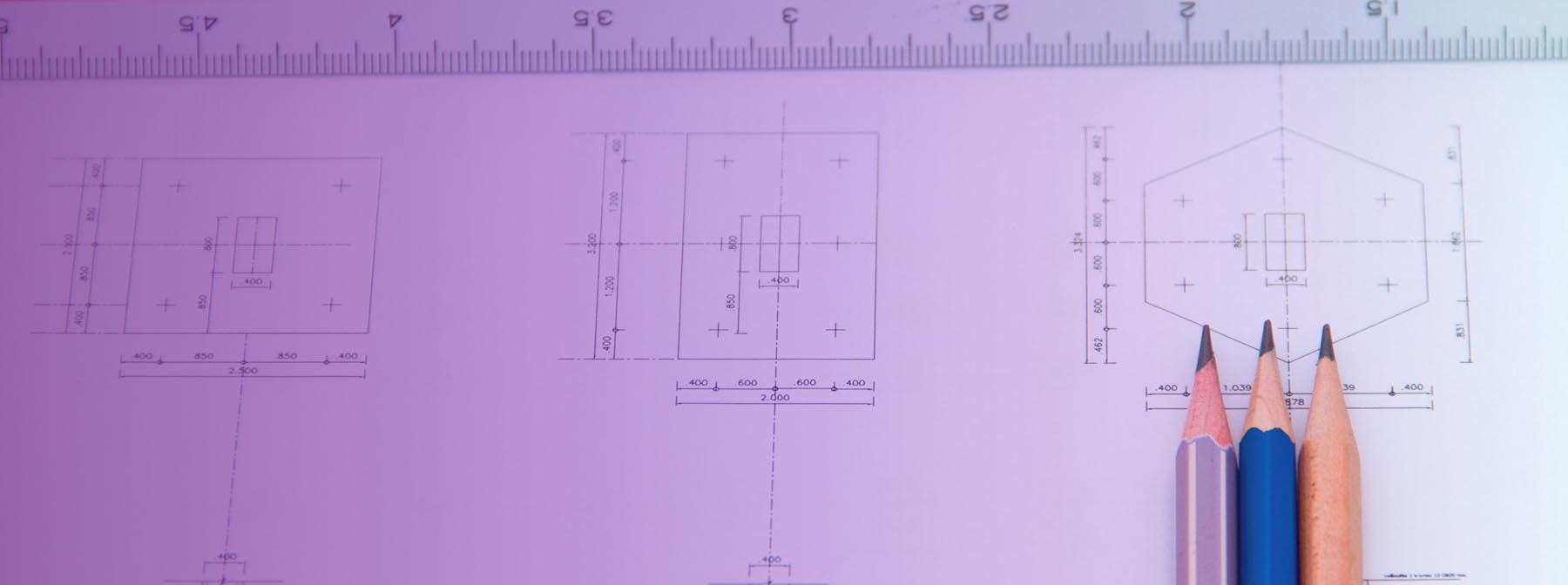While mentoring program administrators, mentors, and mentees may have varying outcomes they want to see from your program, there’s at least one area where everyone tends to align: Setting the right tone. Starting the mentoring engagement on the right foot is critical to the success of that relationship. The easiest and most repeatable strategy at your disposal to ensure everyone is seeing eye-to-eye is to spend some time at the outset creating a mentoring agreement that aligns the various needs and wants of the mentor and mentee.
Mentoring agreements formalize the boundaries, goals, and expectations of the mentoring relationship. These documents also help both individuals (or in the case of a group mentoring situation, all individuals) manage relational expectations and clearly define commitments. Ultimately, a good agreement provides the framework for the scope of the relationship and acts as a contract between the mentee and mentor.
✅ This post is designed to help you effectively structure your mentoring agreement. In it, you’ll find answers to important questions about the role of these agreements in the mentor-mentee relationship and a detailed guide and template for creating mentoring agreements.
Did you know that mentoring agreements can be integrated into your mentoring platform? Book a demo to get to see how seamless mentoring platforms integrate the key tools for program and relationship success.
Take it with you:
Download your free Mentoring Agreement Template
What Are Mentoring Agreements?
Mentoring agreements are structured, formalized documents that establish the communication norms, engagement timeline, and outcome expectations of a mentoring relationship. While traditionally, a mentoring agreement may have been printed and signed, it’s more commonplace for this significant document to now exist in an editable digital format, easily completed and signed by mentors and mentees after their initial meeting.
Using an online PDF editor enables both parties to effortlessly customize and finalize their agreements without the need for printing or scanner access, simplifying the process while staying environmentally conscious.
Questions Mentees Want Answered in the Agreement
Mentors and mentees will work together on the final draft of the agreement, but both parties will have questions they’ll need answered in the finalized document.
Based on the essential elements of a mentoring agreement, mentees should keep the following questions in mind when negotiating the final agreement.

1. Can my mentor help me meet these goals? This question will help establish the scope of the mentoring engagement. In most cases, the mentor and mentee were paired together because the mentee has specific goals they’d like to reach, and the mentor has experience in that area. However, the mentee will need to verify which of their goals can be met in that engagement and which ones may need the help of a different mentor down the road.
2. How will I be held accountable for my progress? This question establishes the framework around which the mentee will be assessed. Keep in mind that mentoring programs and mentoring engagements are not designed to measure employee performance. They are learning programs. The expected outcome of a mentoring engagement is, therefore, not “Did the employee master this skill” but rather, “Has this employee shown progress toward their goals.”
3. How can we both monitor my progress? Progress is relative to each mentee. There’s also no one way to measure progress, either. Quite often, it will come down to the mentee’s goals. However, mentors and mentees should establish this monitoring strategy at the start so that both understand what “progress” looks like. Mentors will play a pivotal role in this part of the agreement. They’ll need to draw on their experience to help the mentee better understand what incremental progress looks like toward that goal.
4. Do these confidentiality standards meet both of our needs? This question is a bit related to the last one, but it is important to highlight all the same. Mentoring programs and relationships work best when mentors and mentees can freely discuss and grow without fear of reprisal or consequences. Mentoring should lead with psychological safety, and that starts with guaranteeing mentees and mentors freedom of expression.
While we know managers and executives would love to have additional insights into how their people feel about the company, mentoring relationships aren’t the place to get that information.
5. Will this meeting schedule work for me? Timing is everything in an effective mentoring relationship. Establishing the meeting cadence at the start will make sure all parties are aligned on how frequently they’ll meet, when meetings will occur, and when the relationship is scheduled to end. Once this is finalized, the meeting cadence can be formalized through time blocking.
Questions Mentors Want Answered in the Agreement
Mentors should remember that mentoring relationships work best when they’re mentee-led. That means giving the mentee the leadership role in establishing the relationship framework. That said, the mentoring agreement is a partnership document, so mentors must play their part in setting guidelines that work for them and result in a reasonable compromise.
Based on the essential elements of a mentoring agreement, mentees should keep the following questions in mind when negotiating the final agreement.

1. Can I help my mentee meet these goals? Mentors need to be honest about their capabilities. If the mentor and mentee are effectively matched, the mentor will have experiences and skills that will help guide the mentee toward personal and professional growth. However, mentors also need to be realistic with themselves and their mentees about the limits of their experience and capabilities.
2. Are there additional ways I can help my mentee retain accountability for their progress? Mentees will be sitting in the driver’s seat, but mentors will be holding the map and shouting out directions when the mentee gets lost. Playing the role of navigator in the relationship also means mentors should be thoughtful and consider multiple strategies that can help keep their mentees on the right path to the goal.
5. How can the mentee and I both monitor progress? The mentor may have different ideas about monitoring progress. Even at this stage, the mentee should be leading the discussion, but the mentor can help offer tips that will help the mentee. This assumes a traditional mentoring relationship where the mentor is a senior-level professional. How you approach this may differ if you’re in a peer mentoring or reverse mentoring relationship.
4. Do these confidentiality standards meet both of our needs? As simple as it might sound, you’d be surprised how often people disagree on what should and shouldn’t be confidential. Come to that agreement right away. For a mentor, that may mean setting specific boundaries around what your mentee can’t tell you to avoid situations where there might be a conflict of interest or where your mentee may bias you against someone else if specific topics are discussed.
5. Will this meeting schedule work for me? The advice given to mentees holds for mentors. Everyone needs to agree on the timeline. Particularly for mentors working with junior-level mentees, you should put the time-blocking/scheduling responsibility on the mentee. This will give them more experience and confidence in self-advocacy and organization.
By asking these questions about the mentoring agreement and using the agreement as the foundation for your mentoring relationship, you can better address any relational components that may arise during the relationship, such as misunderstandings, personality conflicts, and unmet expectations. Additionally, the mentoring agreement will help you focus your energy and time so that you stay attentive to the core purpose of your relationship.
Key Components of a Robust Mentoring Agreement
The questions in the previous two sections (for mentors and mentees) likely clued you into the sections that make the most sense to have in a mentoring agreement. Before we throw a template at you, let’s walk through each of the sections you may want to include at a minimum.
Section 1: Meeting structure and cadence
This section is where you’ll cover meeting structure and cadence, such as the length of the mentoring relationship, who’s responsible for setting up meetings and meeting cadence.
The relevant fields you’ll cover in this section include:
- Start date
- Mid-cycle check-in
- End date
- Name of the individual responsible for scheduling
- Meeting format (video, phone, coffee shop, etc.)
- Frequency/cadence (weekly, monthly, etc.)
- Length of each meeting.
Note that “mid-cycle check-in” will only be relevant for mentoring structured mentoring relationships. Open mentoring programs may have a start date, while the end date may still be in the air. It’s good to have a proposed end date, even if the relationship is more ad hoc. That helps provide more focused attention on accomplishing tasks and goals. You can always re-assess the end date with open mentoring.
Section 2: Goals
The next section is fairly straightforward: Deciding on the goals the mentee will focus on developing within the relationship. This is a good chance to establish how your goals will be created and how you’ll measure your goals.
Two formats are common here: REAL goals and SMART goals. We won’t dive into the deeper discussion on those here. For that, check out our longer blog defining the terms.
To give you the TL;DR version:
- REAL goals focus on development, learning, and experimentation, ideal for long-term aspirations in dynamic environments. They may have broader scopes and may be qualitatively measured based on insights gained
- On the other hand, SMART goals are action-oriented, clear, and measurable, suitable for short to medium-term objectives in structured settings. They provide a straightforward path to achievement with quantifiable metrics for tracking progress
- While REAL goals foster growth and exploration, SMART goals offer clear direction and a sense of accomplishment upon completion
- Both frameworks emphasize relevance but cater to different aspects of goal-setting and can be used complementarily depending on the context
There’s no reason you can’t use both within the mentoring relationship agreement.
Section 3: Expectations and engagement
Mentees and mentors should include a section where they formalize the terms of engagement. This is where they define their roles and establish conversational rules.
Recommended subsections for this include:
- Mentor and mentee expectations
- Ground rules for discussion
- Preferences for communication outside of meetings
Both mentors and mentees may have certain topics and questions they don’t want to talk about for whatever reason. It’s important that both parties respect that. And especially (more for the mentee) respecting outside-of-meeting communication agreements. Remember that everyone is busy these days, and many people strongly value their time to disconnect from work.
Section 4: Agreement statement and signatures
The mentorship agreement should end with a simple yet detailed agreement statement. It should express that both the mentor and the mentee agree to the partnership guidelines and that they’ll honor those guidelines to the best of their ability. To make it official, include a signature line with the date.
Make sure all participants get a copy of their agreement, as well, before the second meeting begins.
Enhance the Success Rate of Mentoring Relationships
Mentoring relationship agreements are a great way to get every mentoring engagement firmly grounded and ready for success. But those relationships aren’t going to go anywhere if the mentors and mentees aren’t properly matched in the first place.
Investing your matching options and strategy before you launch into mentoring relationships of any kind. And don’t forget, great mentoring relationships are sustained from the start to the finish. Here are some additional steps to take once relationships have started:




